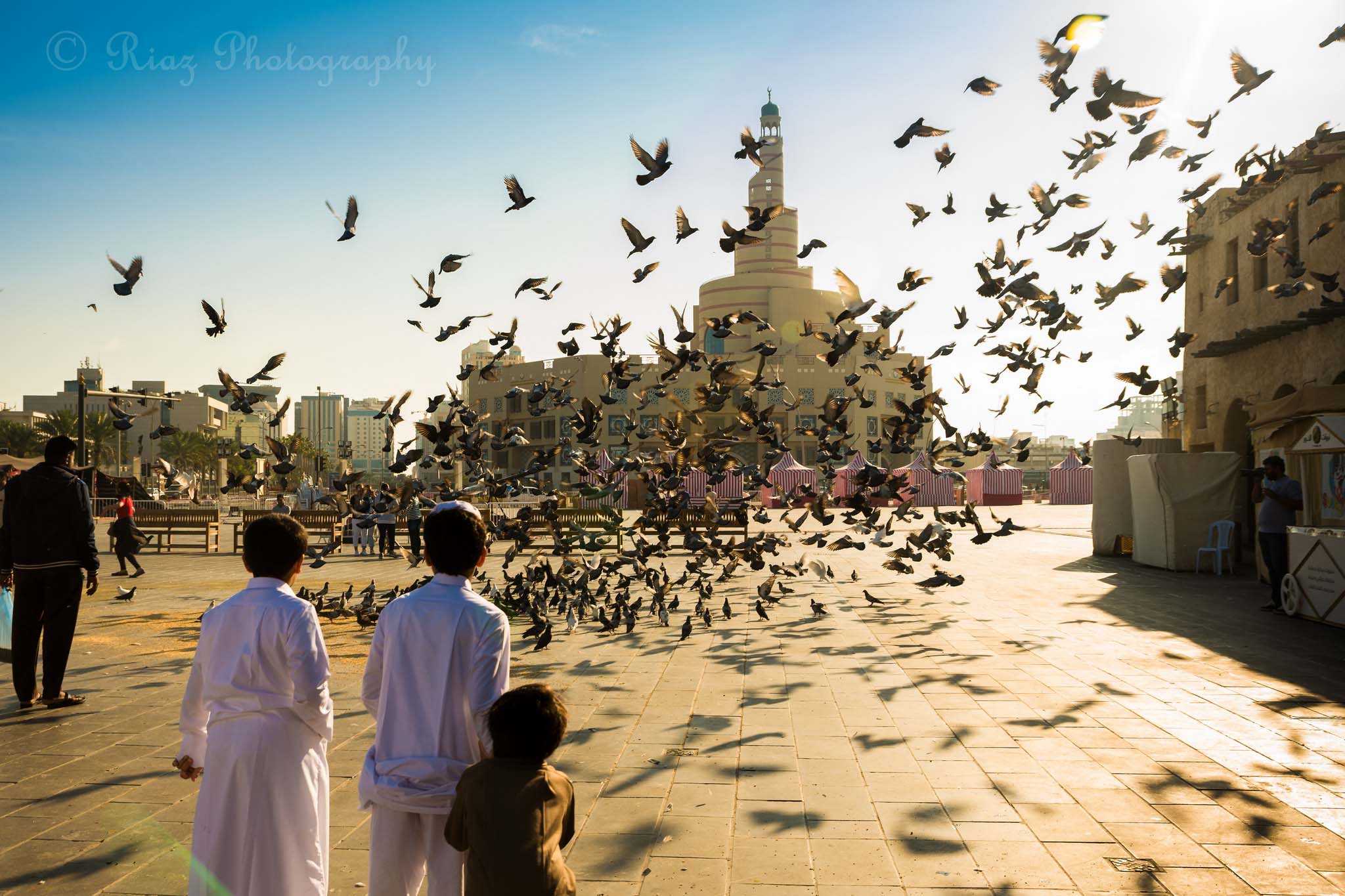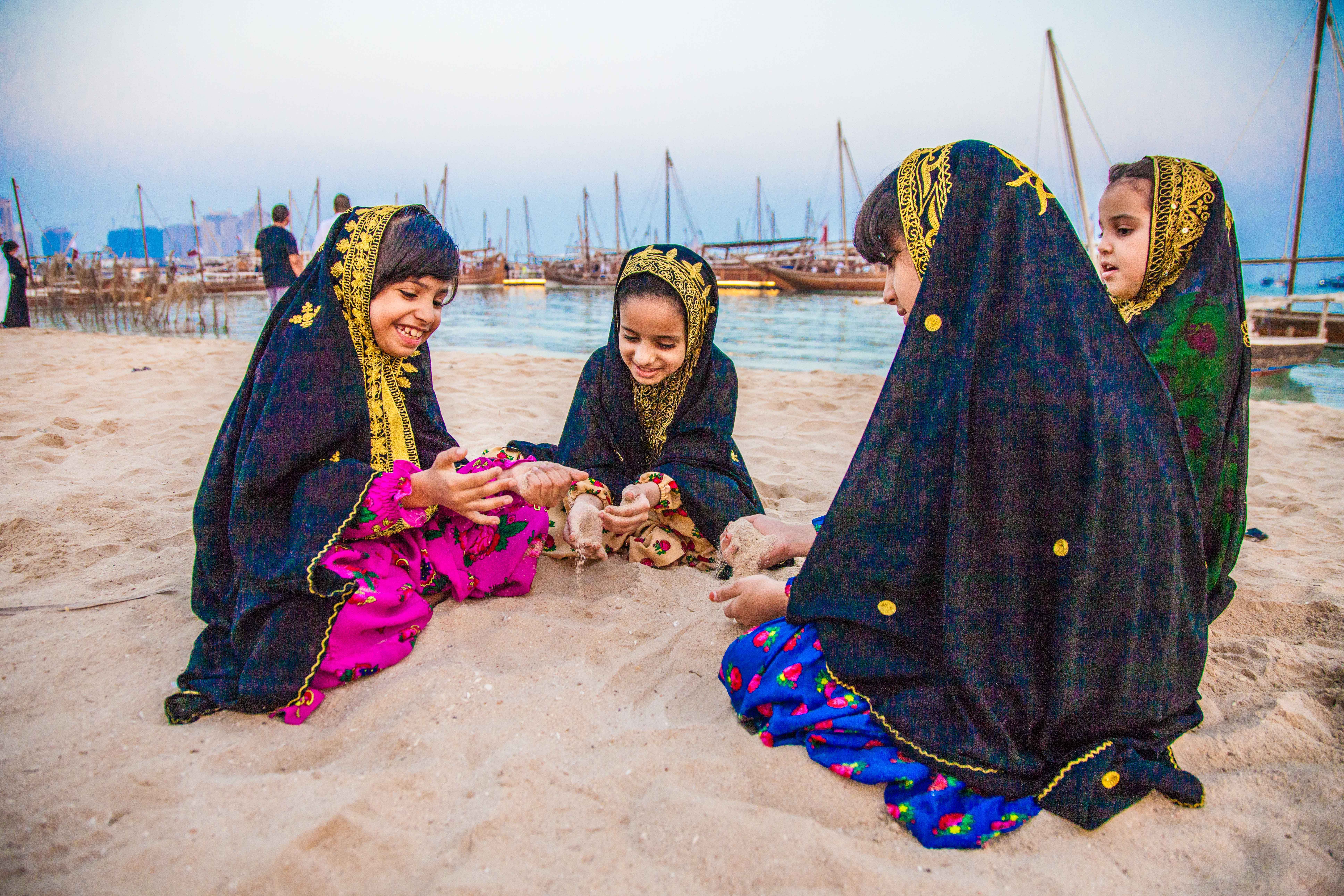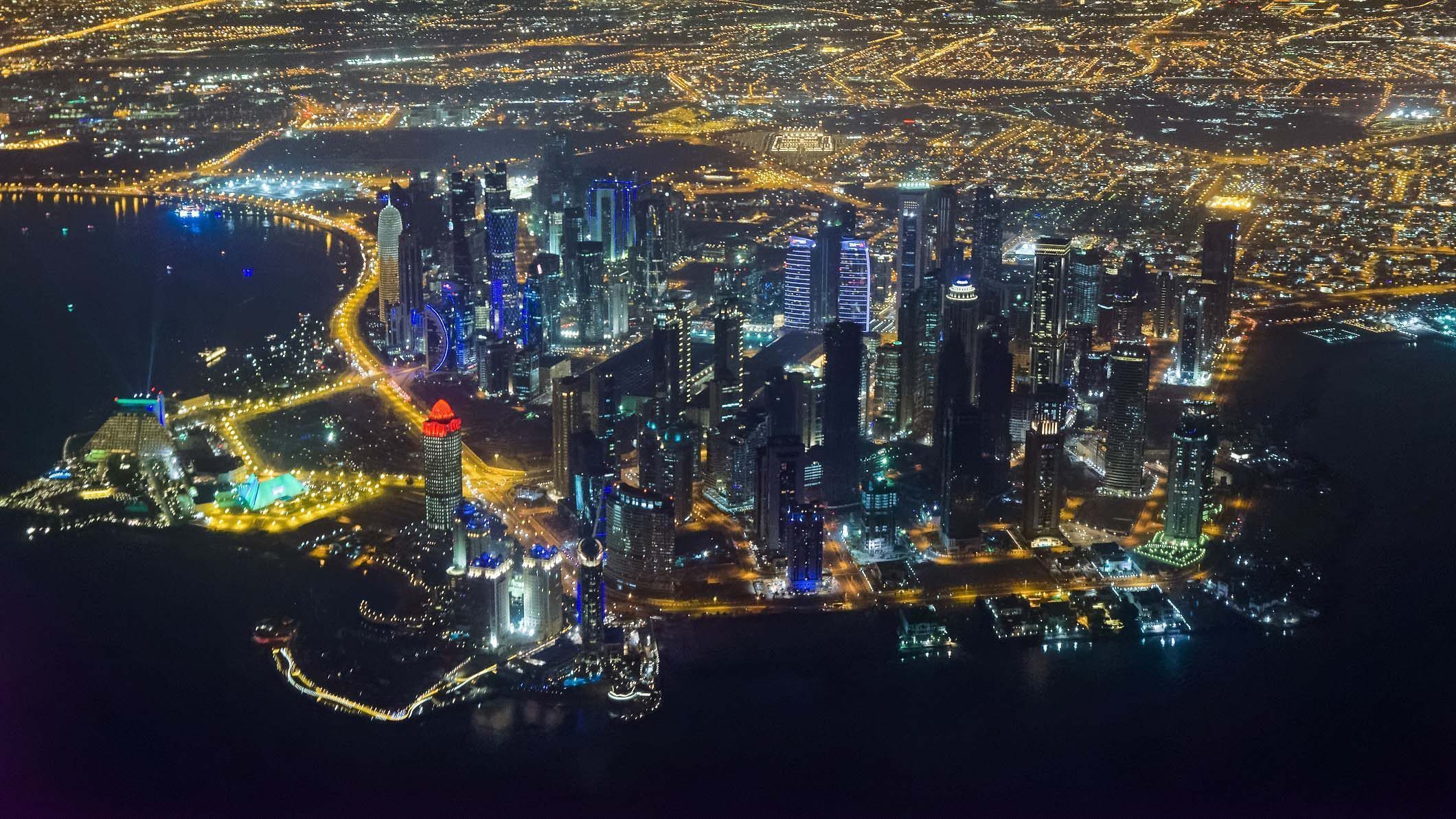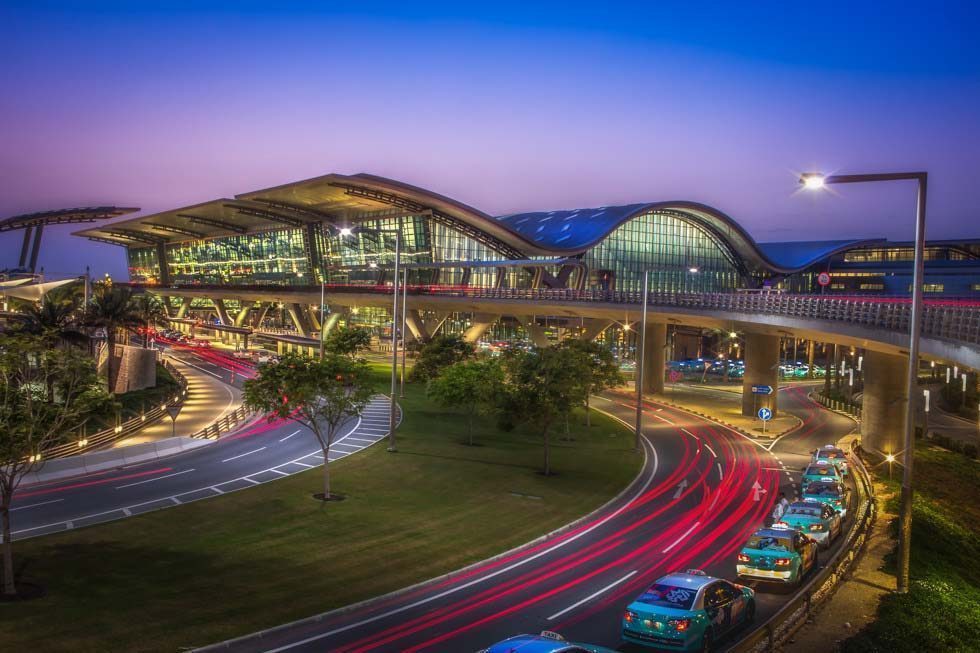
Qatar has regained its position as the second happiest nation in the MENA region this year, after losing that spot to Saudi Arabia in 2016, according to an annual UN report.
Qatar ranked 35th overall out of 155 countries in the World Happiness Report 2017, up one spot from last year.
That puts it two places ahead of Saudi Arabia, which is 37th – down three places from 34th in 2016.

Meanwhile, the happiest country in the Middle East continues to be the UAE, which moved up from 28th to 21st place this year.
Elsewhere in the region, Kuwait ranked 39th overall, and Bahrain 41st.
Holding its spot
Although Qatar’s ranking has remained relatively constant over the past two years, it had previously been placed much higher up the list.
Qatar ranked 27th from 2010-11 and 29th in the 2012 report.

Its drop in the index last year was likely due to to the inclusion of non-Arabic speakers for the first time.
Previously, only Qataris and Arab expats had been surveyed.
How the list is compiled
To arrive at their findings, report authors the Sustainable Development Solutions Network considered a range of factors, including statistics such as GDP per capita and life expectancy.

People’s perceptions on the following categories also factored into the rankings:
- Social support (having someone to count on in times of trouble);
- Trust (a perceived absence of corruption in government and business);
- Freedom to make life decisions; and
- Generosity.
The report showed that Qatar’s score was buoyed by its unusually high GDP per capita score.
However, it fared less well in areas such as generosity and healthy life expectancy.
Most of the report’s data comes from the results of the Gallup World Poll series.
Quality of life index
Though Qatar’s score has stayed relatively steady in the World Happiness Index, it didn’t do so well in another recent survey.

Doha came 108th out of 231 cities in the annual Mercer Quality of Life Index, a list of global cities ranked by quality of life for expats.
The index is used by employers to assess pay and allowances for expat staff.
It factors in a city’s political and social environment, infrastructure, recreation options, medical care and health considerations.
However, Mercer does not go into detail about individual country scores.
Infrastructure index
For the first time, Mercer also created a separate index that singles out the status of infrastructure around the world.
Doha does marginally better in this index, coming in at 96th. But it still lags behind regional rivals Dubai (51st) and Abu Dhabi (67th).

While Doha now has an award-winning airport and many new roads and junctions, its metro system is still some way off, and residents regularly report long tailbacks on the roads.
Rob Thissen from Mercer said that infrastructure – roads, airports, rail, electricity and water supplies – could “considerably affect the quality of living that expatriates and their families experience on a daily basis.”
He added:
“A well-developed infrastructure can also be a key competitive advantage for cities and municipalities trying to attract multinational companies, talent, and foreign investments.”
Thoughts?







